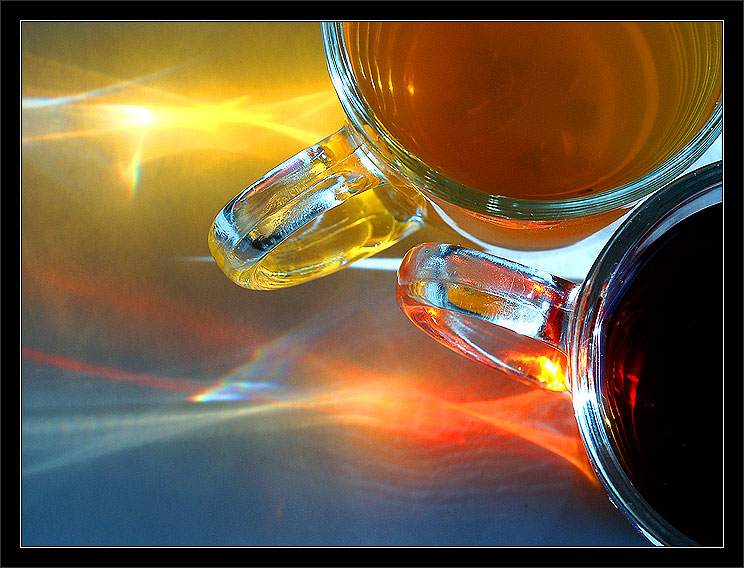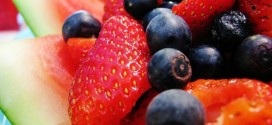Doc Talk
Today, we have the pleasure of hearing from our own Dr. Lamse on the topic of caffeine and tea consumption. She gives her advice on the best ones for health and a few facts that you should know about what you’re putting into your body when you drink these types of beverages.
If you love your coffee but are concered about the potential toxic content from pesticides, you might want to try an organic brand to decrease the amount that you ingest. Pesticides can disrupt hormones and may increase risk of cancer. I also recommend organic tea (found at your favorite grocery store). Also, reputable tea companies and health food stores tend to offer higher quality products.
For a quick reference, the following tea contains caffeine: mate, black, oolong, green, and white. Always read the labels before you purchase, as some may have a mixture of several different types of tea.
Different Kinds of Teas
Mate tea contains the most caffeine, as much as coffee. However, some people tolerate mate tea better than they do coffee.
Black tea has less caffeine than mate. Additionally, theaflavins in black tea may help decrease inflammation and CRP (unless you are very sensitive to caffeine). This type is best steeped for 4-5 minutes and you may pour boiling water over it.
Oolong tea helps digestion and has other health benefits like, lowering cholesteral, boosting metabolism, and is excellent for your skin.
Green tea is know to have many health benefits including antioxidant properties that boost your immune system, regulates blood sugar, and eases digestion. For best results, steep in cooler water for 2 minutes. You may also use it as mouthwash, as it is very good for gums. Try using it as a facial mist, too!
White tea is more costly but, like green tea, has loads of antioxidants. Steep it in cooler water for 2 minutes only. This is a good one to use as facial mist during workouts.
To make it easy on myself, when I brew green or white tea, I introduce room temperature water to the tea leaves FIRST, then I add the boiling water, so I don’t have to fuss with a water thermometer.
Unfortunately, brewing tea for too long makes it bitter, due to compounds in tea called tannins.
A Few More Tea Tips
• If you are anemic and need all the iron you can get, don’t drink tea with meals; it decreases iron absorption.
• You may drink tea with less than healthy meals (at restaurants), or in between meals.
• Iced tea has less antioxidants than hot or warm tea; the antioxidants may be found on the DARK FILM you see on the ice when you have finished drinking your iced tea.
• I don’t recommend decaf teas because the decaf process may decrease the nutritional value of tea. Instead, you can have herbal tea (peppermint, chamomile, and others) or red (includes rooibos (green or red) and honeybush). Here’s a link to Dr. Weil’s take on decaf tea.
Be well,
Dr. Lamse
For more information about Dr. Lamse and the services she provides, contact: Lamse Wellness Clinic, LLC2000 EAST 116TH STREET, SUITE 109
CARMEL, IN 46032-3581
TEL: 317-902-1445
***The content of this article is strictly informational and is not meant to replace the advice of your health care provider. Women’s Life Link, its authors, associates, linked sites, and commentators do not claim that any of the content will diagnose or lead to a cure or improvement of any disease or condition.
Photo by Ireneya
Resources: Teavana.com
***If you enjoyed this post, please read: Organic Tea at It’s Best, Tea: A Healthy Indulgence
 Women's Life Link Be Well, Be Happy, Be YOU!
Women's Life Link Be Well, Be Happy, Be YOU!






Most people don’t think about pesticides and what damage they can cause to your body.
Potential toxic content of coffee?! Oh no! Lol Seriously, I love tea too. Great article!
I know, right? I’d miss coffee if it were declared a deadly substance!